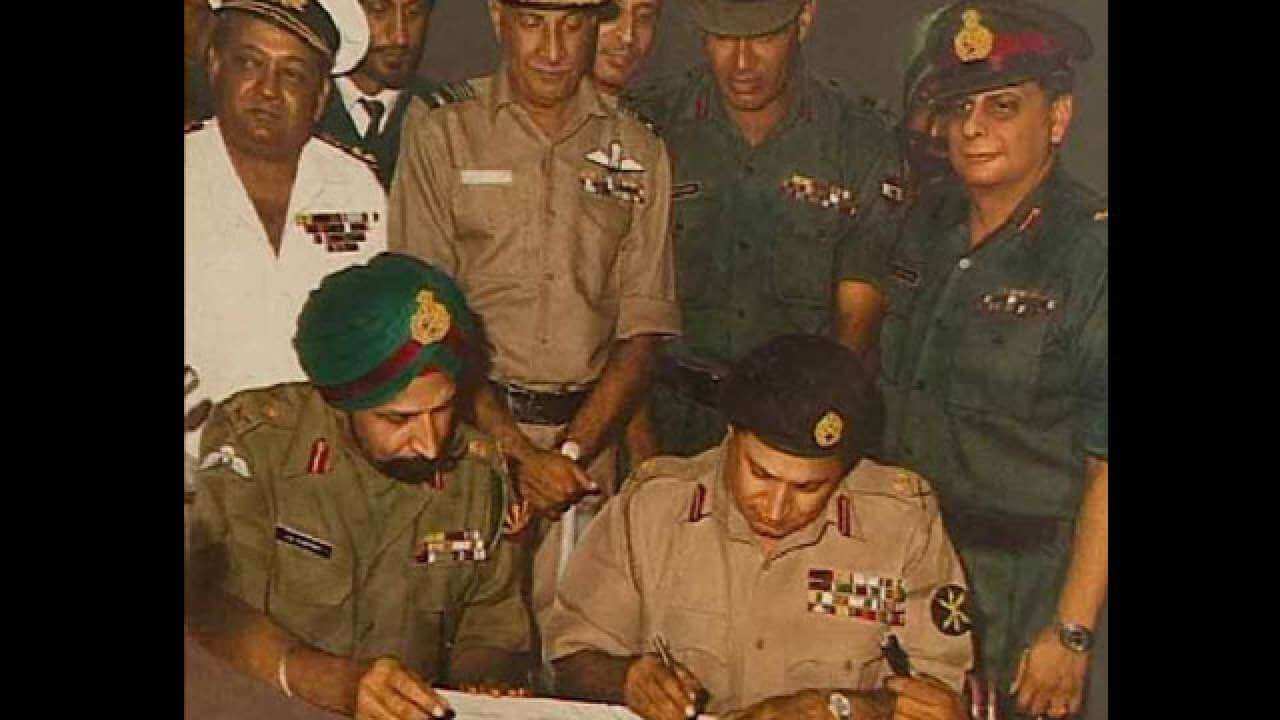
‘93,000 POW Given For Free’ – Boundary Negotiations Need a Change

Boundary negotiations are complex issues. For countries which came out of grip of Western colonialism in the 1940s, 50s and even 60s, territory and sovereignty are interlinked. Neither can exist in isolation from the other. That is why negotiations over delineation and demarcation are so fraught.
Most de-colonised countries are burdened by colonial boundaries which were drawn by their oppressors based on imperial ambitions and dangers as perceived then. There is an additional factor of capacity. Imperial powers had the wherewithal to suppress natives and independent principalities as per their visions of territory. However, the successor nation-states may not have been that militarily capable to take their own decisions or even venture to the extreme limits of the claimed or bestowed upon territory.
A similar vexatious problem bedevils relations between India, Pakistan and China. All three are in an adversarial relationship with each other whose basic substrate remains territory, especially in the union territories of Jammu and Kashmir and Ladakh. In case of China, an unwarranted aggressive stance on Arunachal Pradesh, belatedly realised, also intensifies the problem.
In the Indian context, initial deliberations and preparation of documents was done by a single diplomatic division of the India Office, which was of course based on the studies and expeditions by various British organisations. Norms for the Standstill Agreement and Instrument of Accession were reasonably well thought out.
However, each of the border agreements discussed, negotiated or deliberated thereafter comprised various organizations and personnel. Track 2 diplomacy also formed part of these efforts, however their efficacy as against backchannel talks between high level functionaries, is still contested.
While the Ministry of External Affairs (MEA) and the Ministry of Home Affairs (MHA) are the majority stakeholders when it comes to boundary negotiations, drawing experts from required fields, an institutionalised and exclusive mechanism does not exist for this task.
This issue also came to fore during the 13 rounds of Corps Commander talks between the Indian and Chinese armies over China’s incursion into Indian areas in Eastern Ladakh. Two armies, embedded within different form of polities and with vastly different negotiating powers and privileges met at commonly agreed upon locations and tried to sort out the issue. The result has been mostly a virtual standstill in terms of territory.
While a new reality is being created and consolidated both through infrastructure construction and the introduction of a land boundary law, India is being cornered into an unenviable position where merely diplomatic measures or military talks may not bring about any change. The oft-repeated chorus of going back to the status quo ante of April 2020 seems more and more distant.
Similarly, border issues with Bangladesh, Bhutan, Nepal and Myanmar also need to be taken care of in a nuanced and studied manner in order to prevent both misgivings and proxy war by mischievous adversaries. Disputes over the Exclusive Economic Zone (EEZ), though forming part of law and order currently, may also be needed to be dealt with seriously, especially with the growing footprint of China in Sri Lanka, especially its resource rich and more restive Northern part.
It is therefore prudent that we raise a distinct organization which focuses exclusively on the issues of boundary negotiation and provides comprehensive solution packages to the government of the day, in terms of policy proposals. This will also create an institutional memory of sorts, something which has been sorely missing and so dire when it comes to dealing with historical issues that impinge on the current sovereignty and territorial integrity of a country. This need will become more evident once a quick look is taken on how India has dealt with border negotiations in the past, especially during conflicts.
Prior to the 1947-48 war with Pakistan, the erstwhile state of Jammu and Kashmir (J&K) was trying to buy time to decide its fate, whether to choose India, Pakistan or remain independent. The Maharaja as we know, was predisposed towards independence. He, however, acceded to India on 27 Oct 1947 when Pakistani invaders, with the support of the Pakistani army reached Srinagar, the capital of J&K. When the entire state of J&K legally became part of India, there was probably no merit in going to the United Nations (UN) (albeit a hindsight analysis) which resulted in a cease fire line and in the process a third of Indian territory lying with Pakistan wherein the whole of it could’ve become Indian territory as per international norms.
During India-China negotiations on the border in 1959, China did come up with a proposal which if negotiated by professionals, had all the makings of a settlement acceptable to both sides, nationalism notwithstanding. Remember, the hand-over of Shaksgam had not taken place between China and Pakistan. There is a great potential for resolving a border legacy in national interests rather than sticking to stated legacy positions as all negotiations require some horse-trading.
Yes, there have been Special Representative Mechanisms and Joint Working Groups (JWG) but all these have been contingent on certain incidents, mostly unfortunate and have hence been very microscopic in their purview. Historically India had an Indian Frontier Administration Service, just for managing border issues. Unfortunately, this was discontinued and combined with the closing down of MEA’s Historical Division, India’s historical memory of itself has become hazy.
A central organisation dedicated to boundary negotiations also provides context to the politicians and people in power during important talks, some of which resulted in gains by the military being frittered away by the elected representatives.
In 1965, the conflict with Pakistan resulted in 1840 sq km of Pakistani territory being captured both on the International Boundary as well as the Line of Control (LC) while we lost 540 sq km to Pakistan, mostly in Kashmir. Despite being reasonable and in a strategically more advantageous position vis-a-vis Pakistan, including capture of Haji Pir pass, we forfeited everything to Pakistan during Tashkent agreement during 1966 both across IB as well as LC by agreeing to the status quo ant bellum or restoration of status quo pre 1965 conditions.
During the 1971 war, while we liberated East Pakistan as Bangladesh as a new nation, on the Western front, sizeable gains were also made despite losing Chhamb to Pakistan. 93,000 Pakistani troops surrendered to us unconditionally, a rare feat in the history of warfare, but we gave away all our hard-won advantages during the Shimla Accord negotiations in 1972. A resolution on Kashmir could have been made and the issue decided at that time, but that option was not exercised. In this agreement, we returned what we had gained on the IB as per international conventions but retained what we gained in the state of J&K. In doing so we accepted the serious loss of Chhamb forever which needs to be looked at seriously at this juncture.
We have had multiple agreements with China on the border issue with special focus on maintaining peace and tranquility on the LAC, however current Chinese actions are in contrast with the agreements signed. The JWGs and SRMs have not yielded worthwhile results. While the China Study Group (CSG) does focus on certain aspects related to China, there is a dire need for creating an exclusive organization mandated to handle/ provide requisite inputs for political decision making. The organization so created should have representatives from the Survey of India, History Division, Defense Forces besides selected individuals drawn from MEA, MHA and border dispute and states bordering concerned countries. A think tank could also be structurally be co-opted for carrying out requisite research in connected fields.
Similar to 1971 when India had a coherent grand strategy resulting the creation and recognition of a new nation-state within a matter of months, a similar grand strategy needs to be instituted to deal with the dual threat plaguing our borders. A central organisation for dealing with boundary disputes will act as a catalyst by providing policy solutions and acting as a repository for institutional memory.
**************
Disclaimer
The opinions expressed in this article are the author’s own and do not reflect the views of Chanakya Forum. All information provided in this article including timeliness, completeness, accuracy, suitability or validity of information referenced therein, is the sole responsibility of the author. www.chanakyaforum.com does not assume any responsibility for the same.
Chanakya Forum is now on . Click here to join our channel (@ChanakyaForum) and stay updated with the latest headlines and articles.
Important
We work round the clock to bring you the finest articles and updates from around the world. There is a team that works tirelessly to ensure that you have a seamless reading experience. But all this costs money. Please support us so that we keep doing what we do best. Happy Reading
Support Us



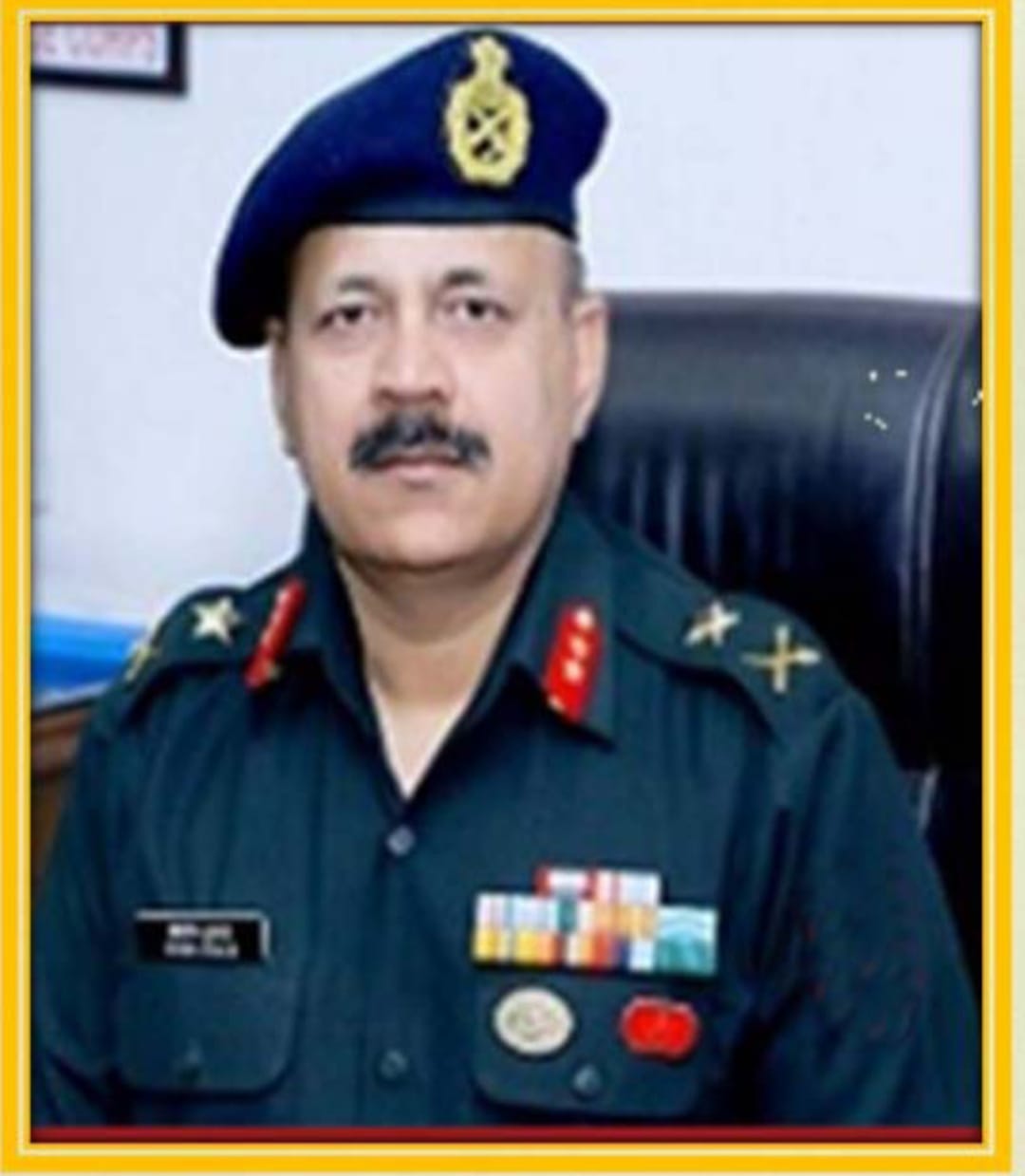

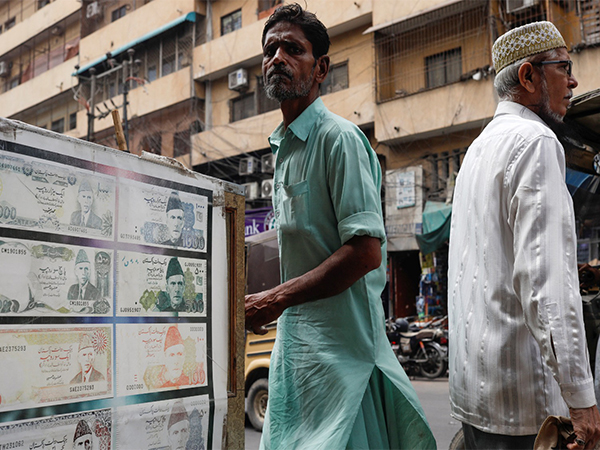
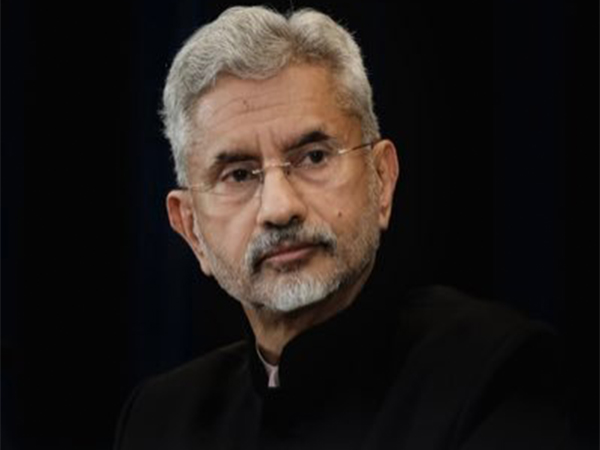
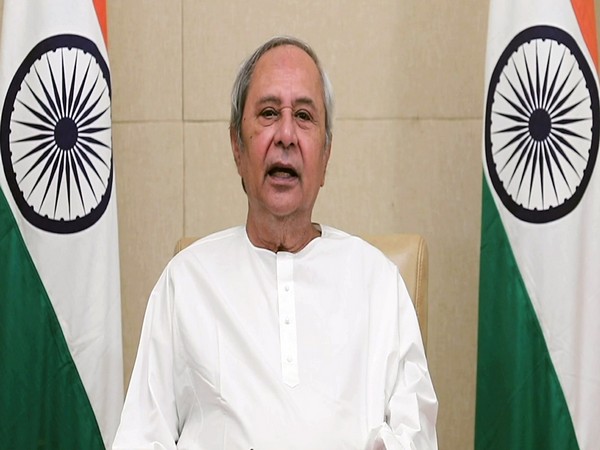
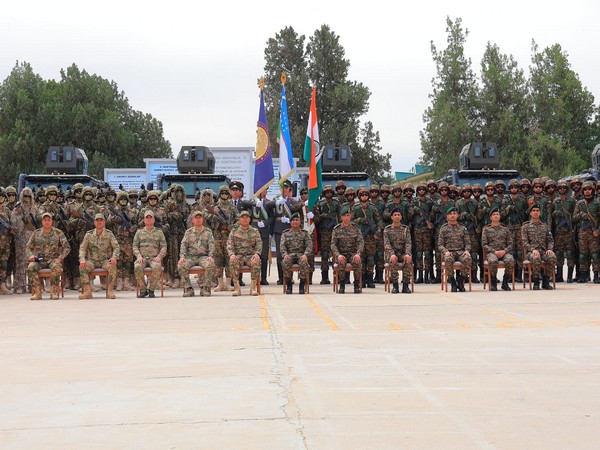
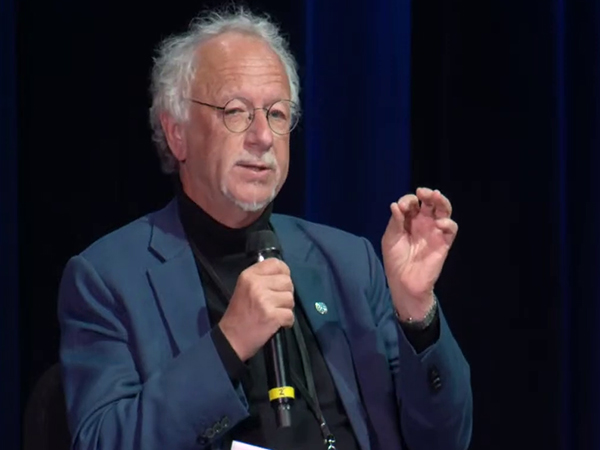
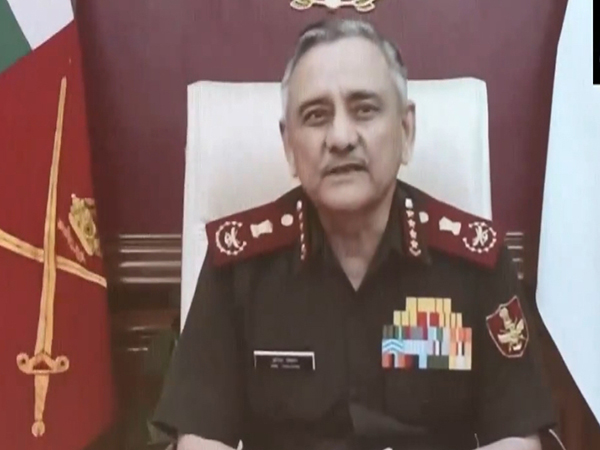
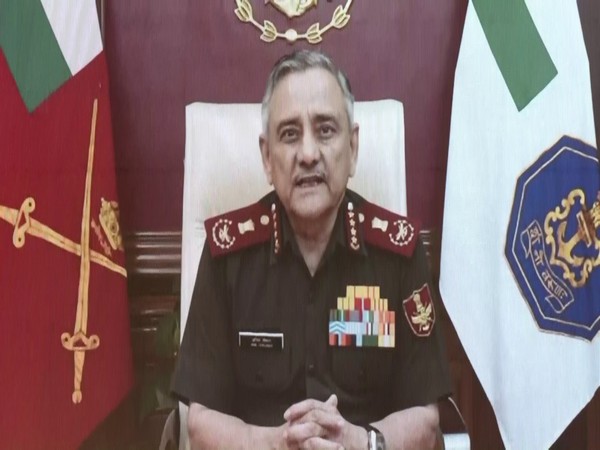
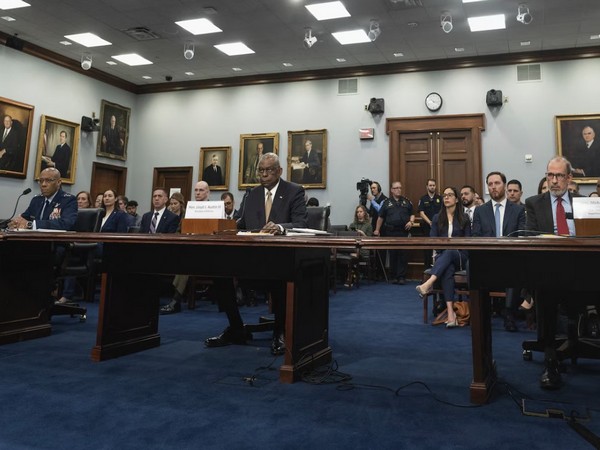
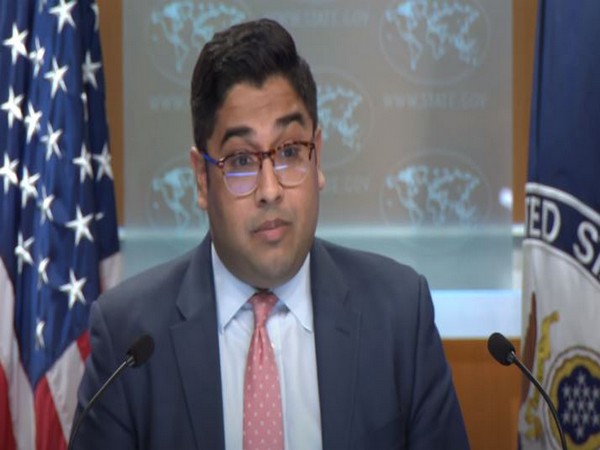
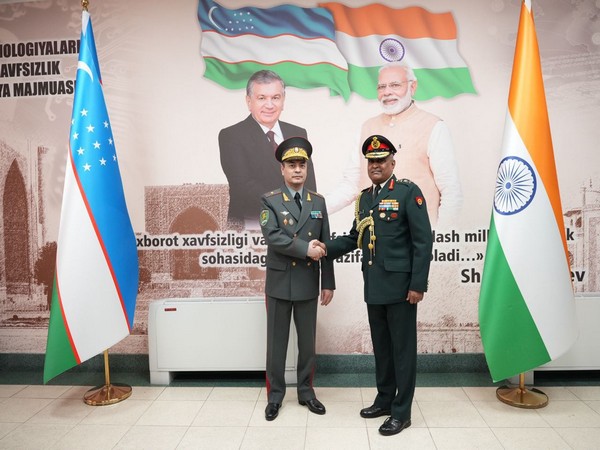






POST COMMENTS (7)
Telkatwar Mohan Ramrao
Mothi George Jacob
Nischal Sood
RP Singh
Raja
Shivnandan singh
KRISHNAKUMAR IYER